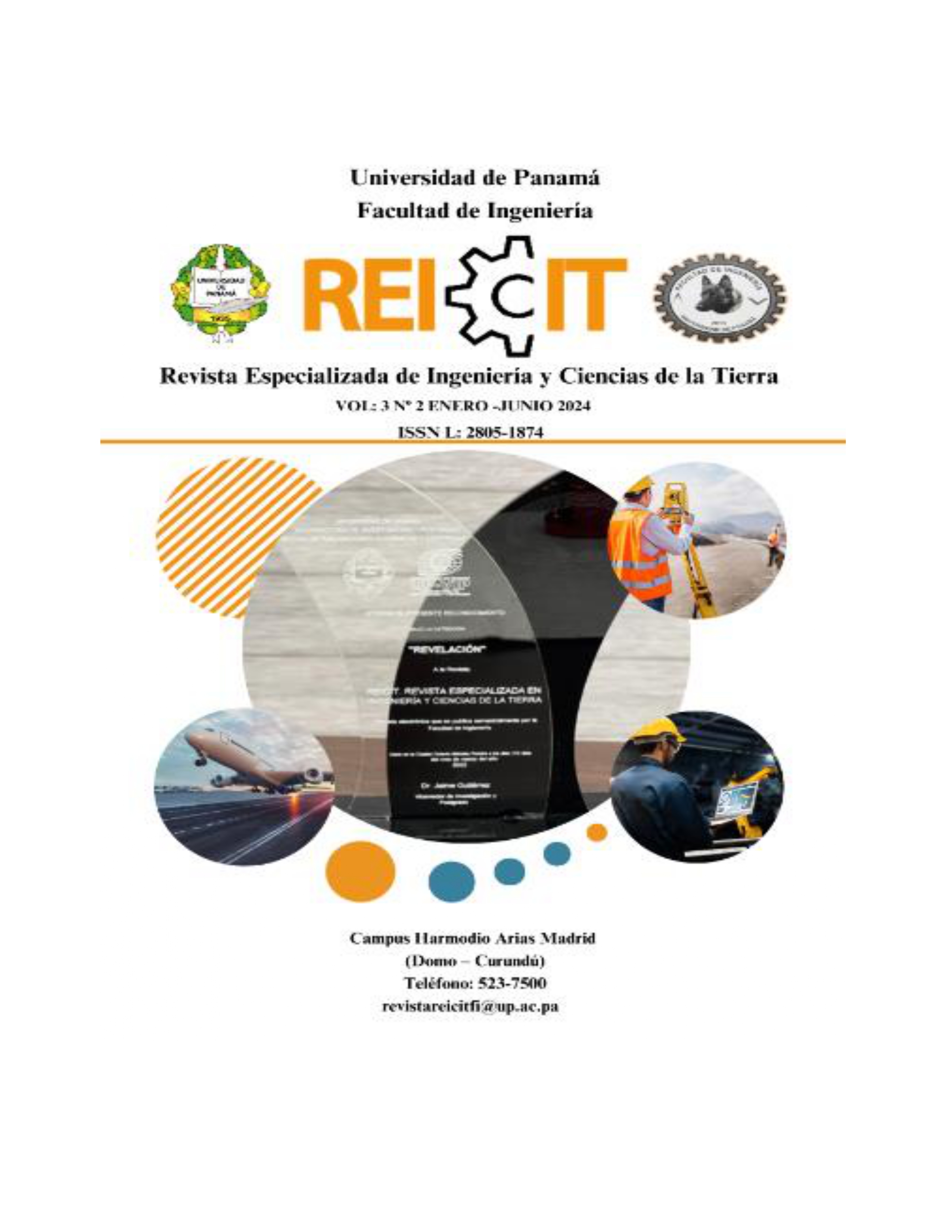

Direitos de Autor (c) 2024 REICIT

Este trabalho encontra-se publicado com a Licença Internacional Creative Commons Atribuição-NãoComercial-CompartilhaIgual 4.0.
El auge y desarrollo de la Inteligencia Artificial (IA) ha trascendido más allá de las simples máquinas y algoritmos, afectando disciplinas tan fundamentales como la física conceptual. Desde sus inicios en la conferencia de Dartmouth hasta su omnipresencia actual, la IA ha demostrado ser una herramienta valiosa en campos multidisciplinarios, ampliando horizontes y abriendo nuevas vías de investigación y comprensión (Smith & Pérez, 2018). A través de un recorrido por la historia de la IA y la evolución de la física conceptual, este artículo explora cómo la integración de estas dos disciplinas ha conducido a cambios fundamentales en nuestra comprensión del universo. Ejemplos significativos, como la utilización de IA en investigaciones y experimentos físicos, demuestran su papel crucial en la evolución de la física (Ramírez & López, 2020). Además, las innovaciones tecnológicas específicas en IA han propulsado investigaciones en física, mostrando un panorama prometedor para futuros avances. Sin embargo, no está exento de desafíos y limitaciones, ya que la complejidad de los fenómenos físicos presenta obstáculos para la IA. A través de casos de estudio, se ilustra cómo la IA ha sido instrumental en descubrimientos y teorías revolucionarias en física conceptual. Finalmente, se abordan las consideraciones éticas y sociales, reflexionando sobre las ramificaciones de esta integración y su impacto en la sociedad (Torres & Gómez, 2019). En resumen, la revolución de la IA en la física conceptual no solo ha enriquecido nuestra comprensión del mundo, sino que también plantea preguntas esenciales sobre el papel de la tecnología en la ciencia y su interacción con la sociedad.